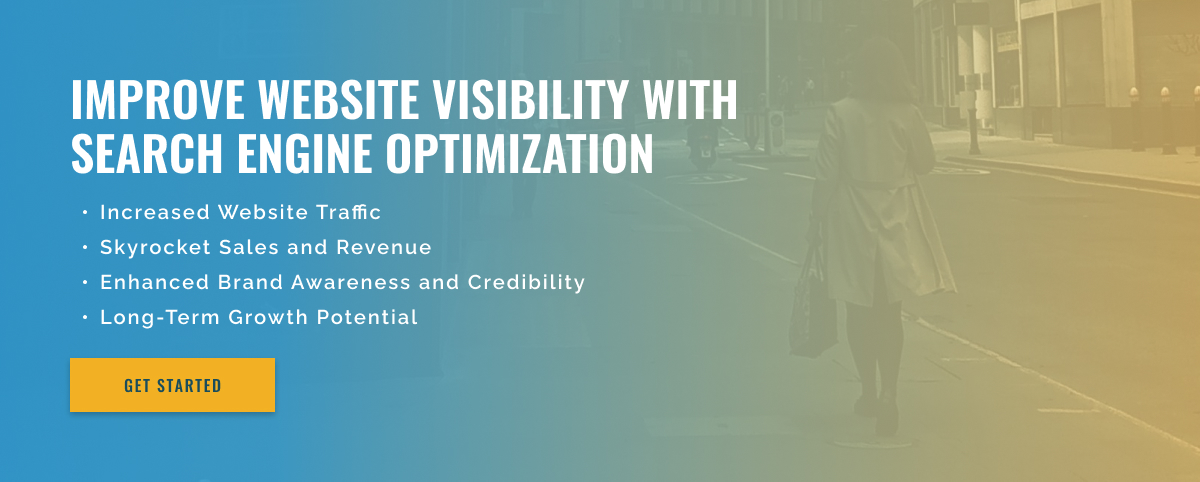3 minute read
Webinar and Virtual Event Attendance with B2B SEO Strategies
In today’s digital world, search engine optimization (SEO) has become a crucial part of any marketing strategy. This especially applies to companies operating in the B2B sector. With the ongoing pandemic, virtual events and webinars have become the new norm for B2B companies to connect with their audiences. However, the success of these events depends largely on generating visitor numbers. This is where SEO plays a key role.
SEO is the practice of optimizing a website or online content to improve its visibility and rank higher on search engine results pages (SERPs). It involves a combination of techniques that will make your website more search engine friendly and ultimately increase organic traffic. When done correctly, SEO can be an effective way for B2B companies to increase traffic to their webinars and virtual events. Let’s check how.
1. Keyword Research: The foundation of any effective SEO strategy is thorough keyword research. For B2B companies, this means identifying relevant keywords and phrases that their audience is most likely to use when searching for information related to a webinar or virtual event. Including these keywords in your event’s title, description, and other promotional content can help improve your event’s search engine visibility and attract the right audience.
2. Optimize your landing page for webinars/virtual events: The landing page for your webinar or virtual event is crucial for generating leads. Therefore, it is important to optimize it both for search engines and user experience. This includes optimizing titles, meta descriptions, and URLs with relevant keywords, using clear and concise content, and having a compelling call to action.
3. Utilize On-Page SEO: On-page SEO techniques involve optimizing the content on your website, including your webinar or virtual event page. This includes using header tags, incorporating keywords naturally into your content, optimizing images, and including internal and external links.
4. Use social media: Social media is a powerful tool for promoting webinars and virtual events. By sharing your content on platforms like LinkedIn, Twitter, and Facebook, you can increase your reach and attract more visitors. Be sure to optimize your social media posts with relevant keywords and hashtags to improve their discoverability.
5. Invest in link building: Link building is a key factor in SEO as it helps improve the authority and visibility of your website. Reach and collaborate with industry leaders and influencers to promote your webinars and virtual events. You can also share links to previous webinars and events on your website to encourage backlinking.

